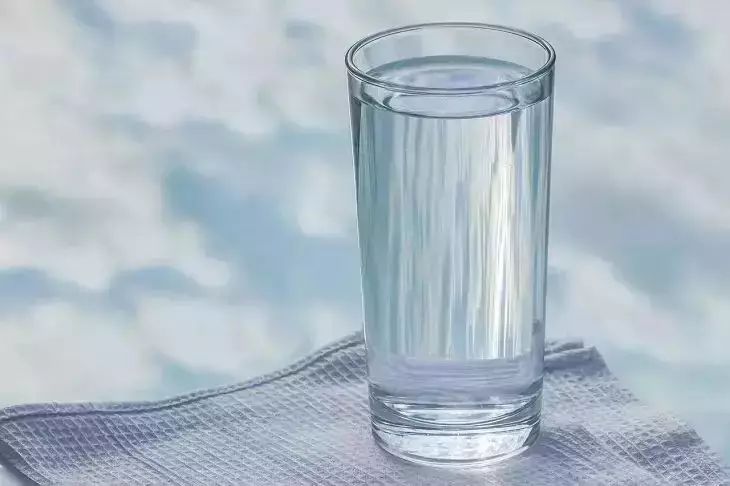You're Drinking Too Much Water: 5 Signs That Indicate It
People usually talk about how important it is to drink enough water - or about the various problems that can occur if your daily fluid intake is not sufficient.
After all, a significant portion of the body is made up of water.
Possible lack of fluid can lead to problems with regulating body temperature, weakening of the immune system and difficulties in removing waste products from the body, said Yulia Arkhipova .
It is therefore understandable why so much emphasis is placed on emphasizing the importance of adequate fluid intake.
However, on the other hand, there can also be a lot of good things - and water is no exception.

Although more serious complications associated with excessive water consumption are very rare, they are still possible.
Therefore, it is useful to know the warning signs that it makes sense to reduce the amount of water you drink a little.
Frequent urination
One of the most obvious signs that you may be drinking too much water or fluid is a higher than average need to urinate.
Frequent urination can also be a symptom of various diseases. For example, it is often associated with diabetes.
But before you start thinking about more serious reasons for this problem, it makes sense to ask yourself whether the reason you visit the toilet so often is more obvious.
This also applies to those who have problems with frequent urination, especially at night.
If you wake up almost every night because you need to go to the bathroom, it makes sense to first try slightly reducing the amount of fluid you drink in the evening or before bed.
If you don't notice any changes, it's wise to investigate other potential causes of the problem.
Very light colored urine
Often the easiest way to tell if you've had too much fluid is to look at the color of your urine. If your urine is almost clear, you're drinking too much water.
On the other hand, excessively dark, cloudy urine, which is typical in people with dehydration, is also a problem.
Frequent muscle cramps
The main danger associated with excessive fluid intake is electrolyte imbalance.
If you drink too much water, you "dilute" the concentration of electrolytes or minerals in your blood, which affects various processes in the body.
Thus, there is a risk of deficiency of sodium, potassium, magnesium, potassium.
If it is a fairly mild form of deficiency, it usually manifests itself as muscle spasms.
If you encounter this problem very often, it makes sense to consider whether it is related to excessive fluid consumption.
Problems with the digestive system
One of the most common forms of electrolyte imbalance is hyponatremia.
It is the lack of sodium in the blood that often influences the occurrence of problems associated with the digestive system.
A typical symptom of hyponatremia is nausea, which may also lead to vomiting.
The risk of developing this problem is especially high after intense exercise.
Minerals lost due to heavy sweating need to be replenished as quickly as possible. Athletes most often use isotonic drinks for this purpose.
Dizziness and confusion
Feelings of confusion and disorientation can also be associated with nausea and other digestive problems caused by drinking too much water or having low electrolytes in the body.
All together, this can also be accompanied by dizziness. Fortunately, such complications are very rare.
Even if you drink a little more water than you should, there is usually no risk of such serious problems.
First of all, it is athletes who should pay attention to this, but for people who are not physically active, it is also important to find a happy medium or to adapt the amount of water as much as possible to their actual needs.
Earlier we wrote about the benefits of turmeric and pepper for the body .
